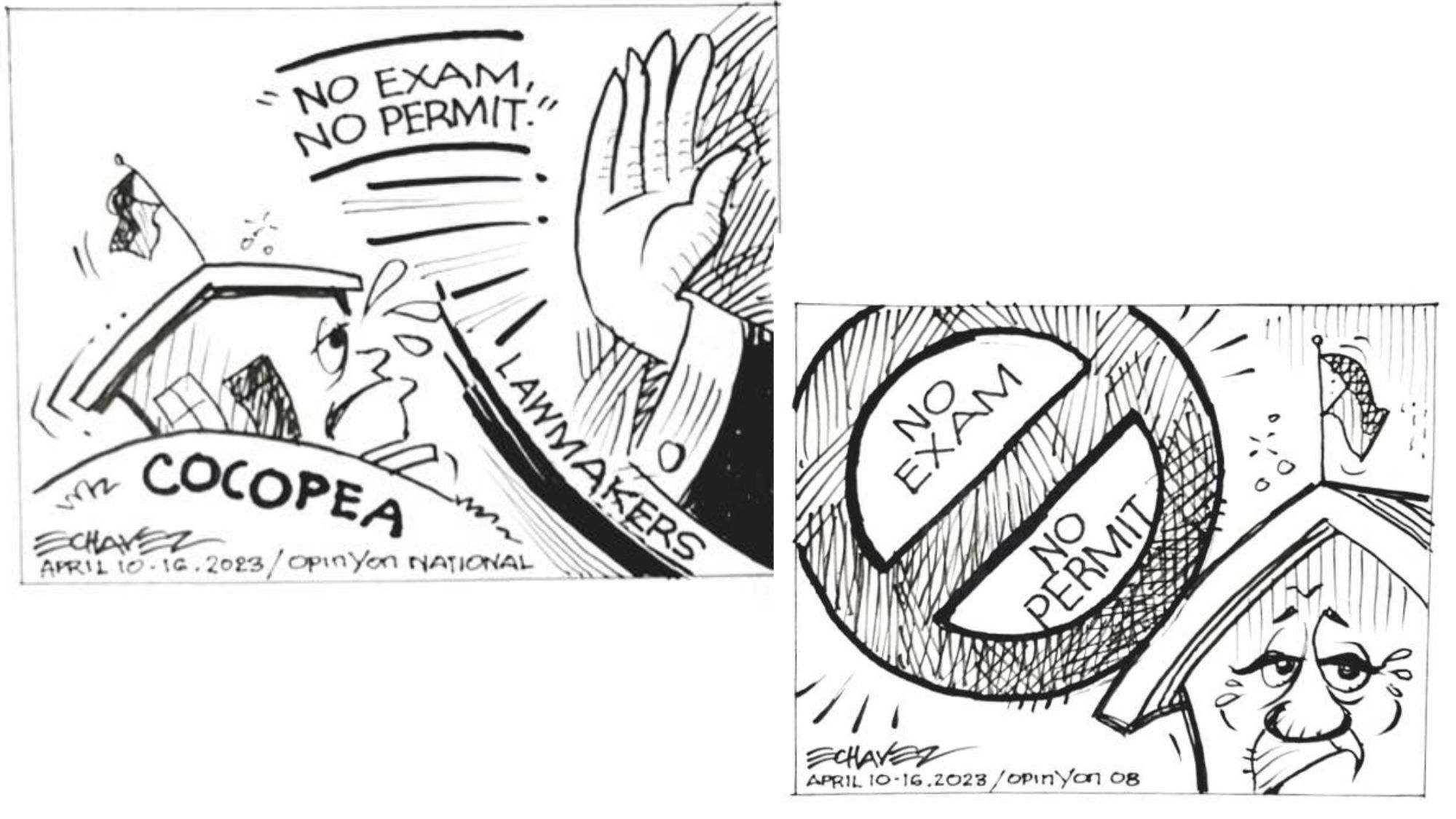Private schools depend on tuition fee, and their prompt collection, for survival and to pay for teachers and non-teaching staff. Therefore, banning their long-standing policy of “no exam, no permit” due to delayed payment of tuition fees would lead to school closures and thousands being unemployed.
This is the stand of COCOPEA (Coordinating Council of Private Education Associations (COCOPEA), the largest group of private schools, colleges, universities, and technical and vocational education and training institutions in the country in opposing the ban, as stipulated in Senate Bill 1359 and House Bill 7584.
COCOPEA said that with the economic impact of the pandemic, prompt collection of fees is “critical” to private educational institutions to ensure the sustainability of the operations of private schools.
It also asked government to strengthen support for private schools through appropriate legislation and policies to enable them to offer affordable and high-quality education and complement the public education system in addressing the increasing demand for educational services.
The said bills prohibit educational institutions from imposing a policy that will prevent students with unsettled financial obligations from taking examinations.
“These bills will impose prohibitive provisions that will seriously affect the timely collection of tuition and other financial obligations direly needed to support the thousands of teachers and personnel as well as other school dependent stakeholders of private educational institutions still struggling to recover from the long school closures caused by the pandemic,” said COCOPEA Legal Counsel Kristine Carmina R. Manaog.
“We urge lawmakers to defer the bicameral committee deliberations and hear the private educational sector's voice,” she added.
The COCOPEA is composed of the Philippine Association of Colleges and Universities (PACU), Catholic Educational Association of the Philippines (CEAP), Association of Christian Schools, Colleges and Universities (ACSCU), Philippine Association of Private Schools, Colleges, and Universities (PAPSCU), and the Unified Technical and Vocational Education and Training of the Philippines Inc. (UniTVET Inc.).
“Since private schools rely heavily on steady cash flow for its continued operations, any prohibition that affects their ability to effectively collect fees for funding will disrupt cash flow that is used to sustain their operations,” Manaog said.
Without this, she noted that “many schools will be forced to close” which would result in the “disenfranchisement of thousands of students and cause extensive job losses.”
COCOPEA also pointed out that many private schools have been offering installment plans and deferred payment schemes to provide and ensure access for financially challenged students. But the private schools may also be constrained to remove these options if the bills get passed, thereby worsening access to quality education by students.
“Private schools extend compassion to students and parents through installment payments and flexible policies accommodating learners unable to pay due to emergencies and other reasons,” COCOPEA Chair Bernard Villamor said adding that such policies had been approved since 2010 by the DepEd.
“Allowing students to take exams without settling dues would send the wrong signal about financial responsibility, disrupt cash flow, and harm school operations,” he added.
“Many private schools have yet to recover from the pandemic's economic effects and previous educational reforms,” he said. “To help them, there is a need for stricter policy implementation, not their removal,” he added.
The passage of the bill may be abused by some parents who are capable of settling their fees on time, COCOPEA warned as it explained that private schools can’t defer their own obligations as they fall due, such as loan amortizations, payment of energy, water and other utilities, nor can it suspend payment of teacher and employee salaries and benefits.
The group broached options like expanding scholarship programs, establishing financial aid and student loan facilities, and fostering partnerships with the private sector to create employment opportunities for working students.

